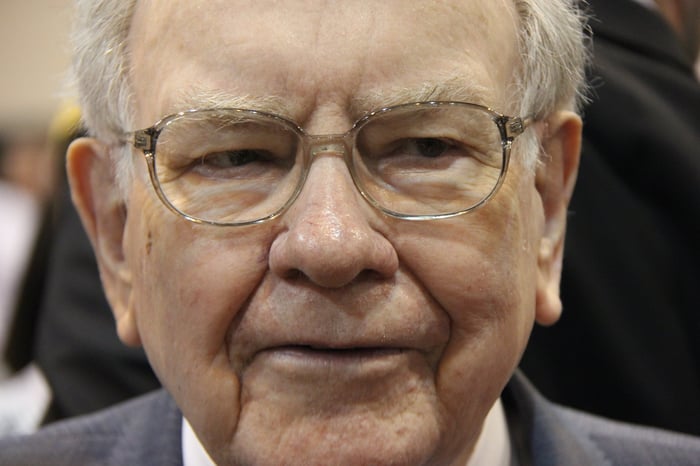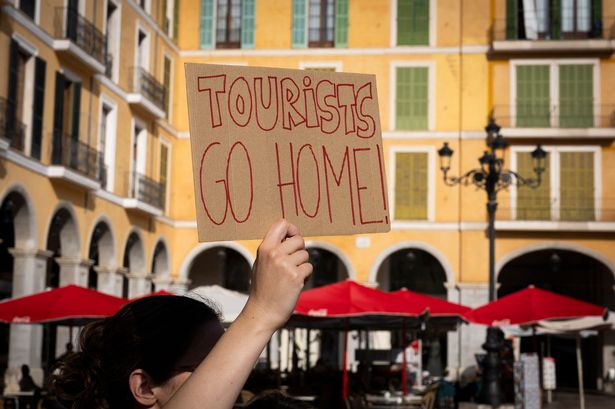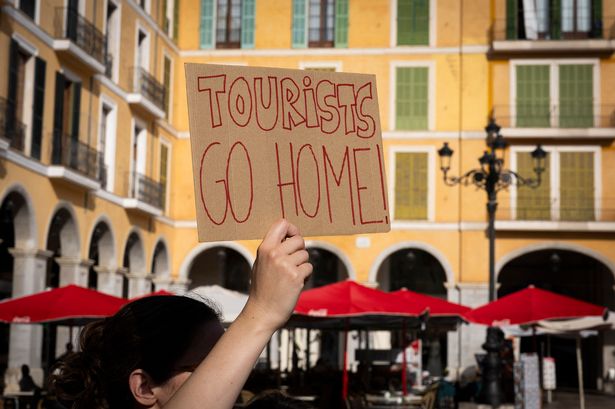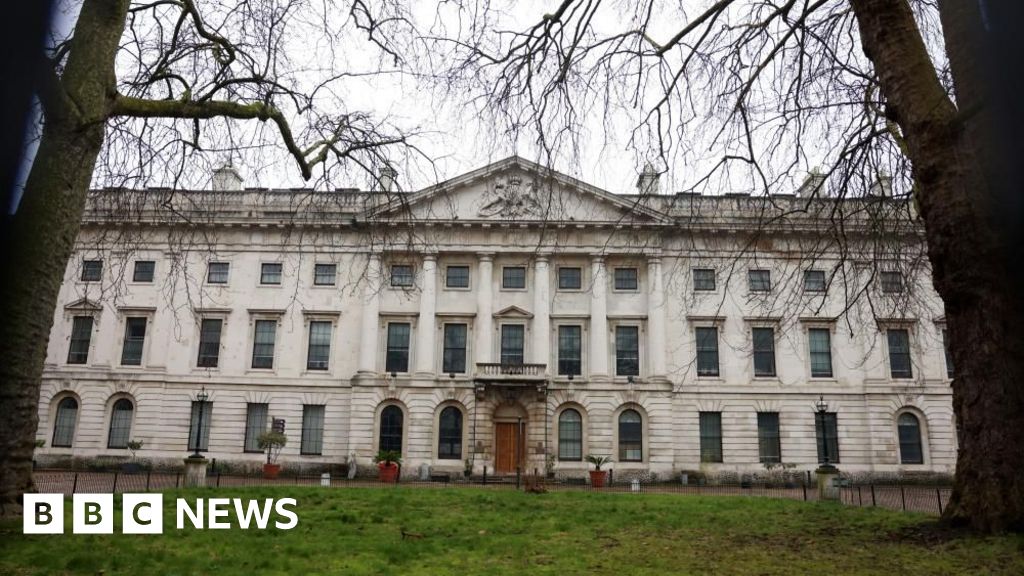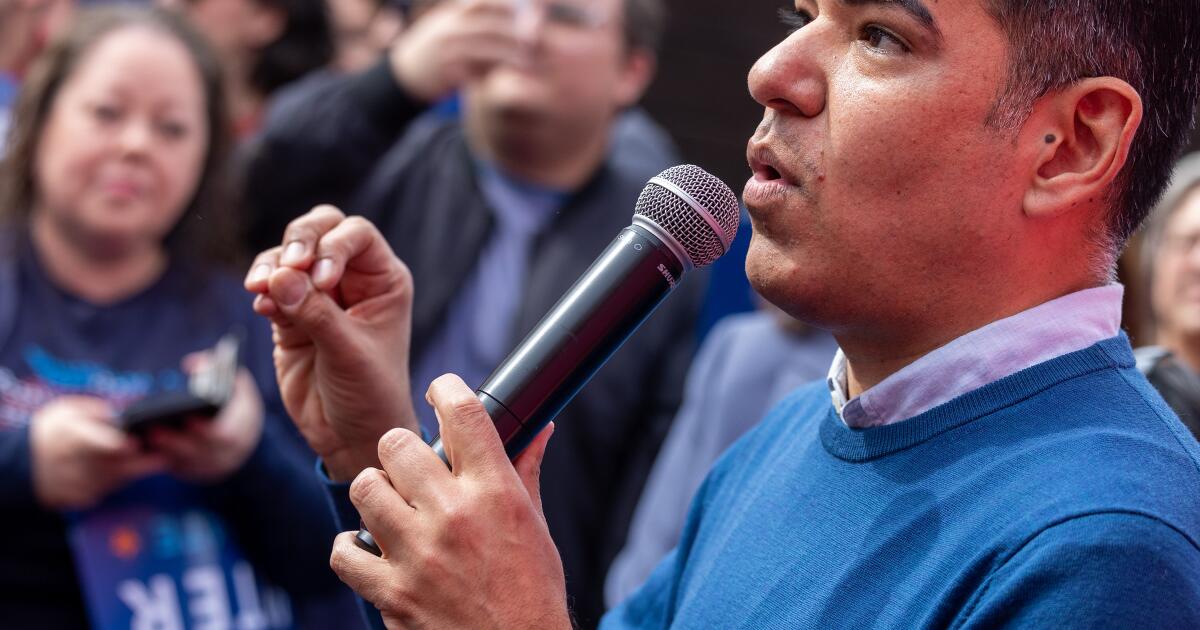Spain is by far the most popular country among UK travellers, with close to 18 million of us visiting in 2023 — far more than the 9.2 million who took a trip to second-place France
“The message we are receiving loud and clear from locals, especially in the islands and where we usually visit in Andalucia, is that we should stay away and are not welcome.”
That is how Mirror reader Allan Wilcox feels. He, like millions of Brits, is a regular visitor to Spain. In fact, Spain is by far the most popular country among UK travellers, with close to 18 million of us visiting in 2023 — far more than the 9.2 million who took a trip to second-place France.
While it would be absurd to suggest that the country’s love affair with Spain and its incredible culture, food and drink, spectacular weather, and general good vibes is over, there is undeniably a groundswell of frustration at a shift in attitude on the Iberian Peninsula. This comes amid a warning about the quality of breaks in Benidorm.
READ MORE: Spanish beach bars demand urgent action as they reveal cost of Brits staying awayREAD MORE: Spain holidays warning for Ryanair passengers as strikes set to hit 12 major airports
A lot of Brits have taken overtourism protests to heart, heeding the words of campaigners who say that mass tourism is killing the culture of destinations including the Canaries and the Balearic Islands; the strident messages slapped on walls by graffiti artists; and the actions of protesters who squirted holidaymakers in Barcelona.
Each week many of them email in to the Mirror’s travel desk ([email protected]) to share their views on trips to Spain and whether they’re still planning holidays in the country of 48 million.
Although it would be unfair to suggest that their views are completely typical of the UK population at large, particularly given the small sample size, a clear anti-Spanish holiday sentiment has emerged.
Sarah Meager has been particularly frustrated by new laws that prohibit smoking and vaping on terraces. She was dismayed to discover that the law covered private terraces when it comes to holiday villas and hotels.
“We discovered this in Lanzarote in February. You are not even allowed on the terrace of your own room. It is a ridiculous decision. Even if only one member of a group smokes it means you just can’t relax and enjoy yourself,” she explained.
Kevin Durkin is a committed Spain holidaymaker, having visited the country many times over a 30-year period. “Over the last few years, the anti-British sentiment has just grown. Some bar owners have put up signs telling the British to keep away and some hotel owners don’t want us either,” he said.
“I do not need Spain, they can keep their latest charges and hatred of the British. I will not be back, neither will my friends or family. Adios.”
Kevin, who speaks Spanish and moved to the country several years ago, admitted that most of the ire from locals was directed towards “the loud British element, usually fuelled by alcohol”, and that respectful tourists were unlikely to be bothered.
For Linda Munro, overcrowding was a major issue. She flew into Majorca, where the airport has been struggling with long queues this summer. “Border control is very, very stressful and must be putting families off,” she recalled.
“My husband and I got through the scanners, no problem. However, the rest of the family had to queue for an hour and a half. On the way back, it was worse, as people were worried they might miss their flights home. Our family just made it on time. They all said they wouldn’t be back abroad anytime soon.”
Allan Wilcox is a committed visitor of Spain and is “happy to spend our money supporting local businesses. These include restaurants, bars, hotels and shops.” Since overtourism protests began however, he has started to feel unwelcome.
“The message we are receiving loud and clear from locals, especially in the islands and where we usually visit in Andalucia, is that we should stay away and are not welcome. Since the local feelings appear so strong and tourists have to run the gauntlet of being shouted or spat at or have to endure intimidating protests, we are no longer happy to visit the country under these conditions,” Allan said.
“Consequently, we have decided to holiday elsewhere and have not visited Spain for the past couple of years.”
How do you feel about taking a holiday to Spain? We’d love to hear your thoughts. Please email [email protected]
